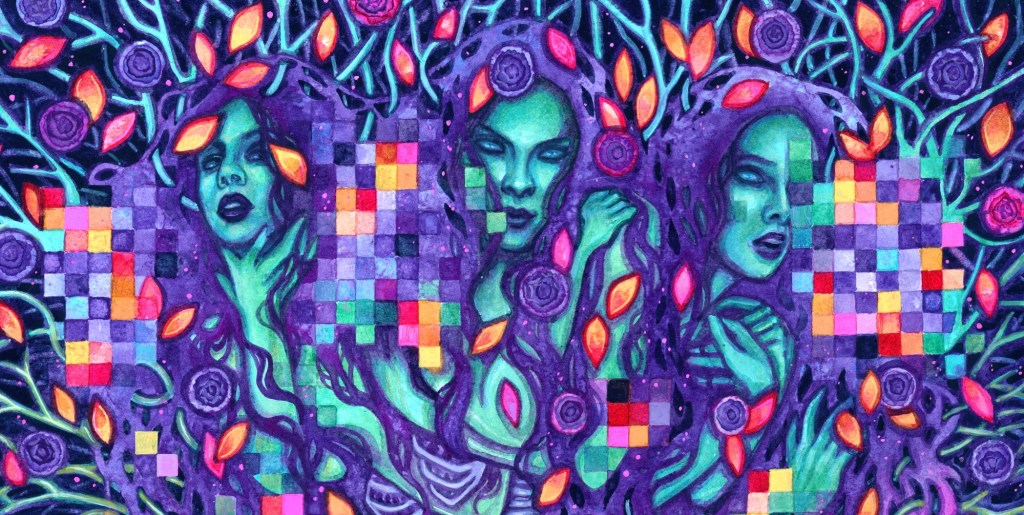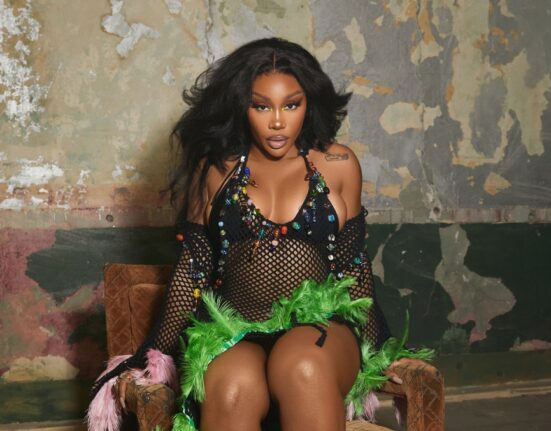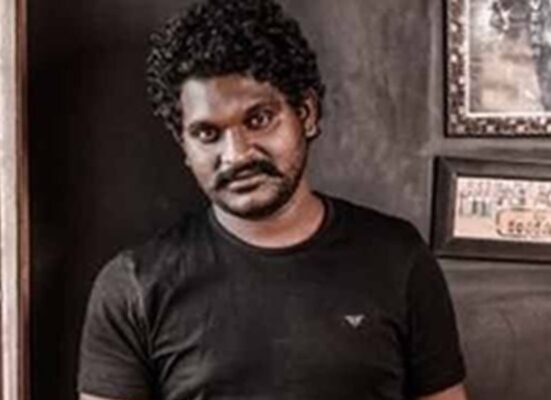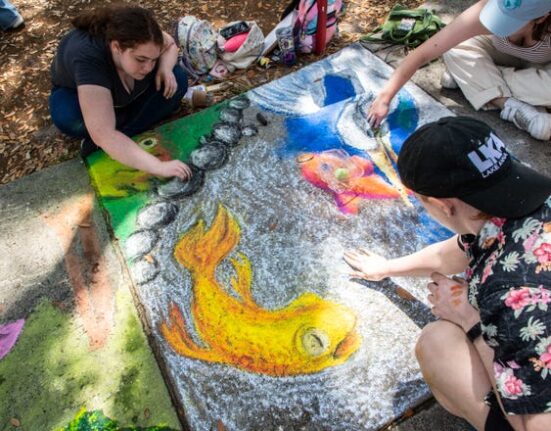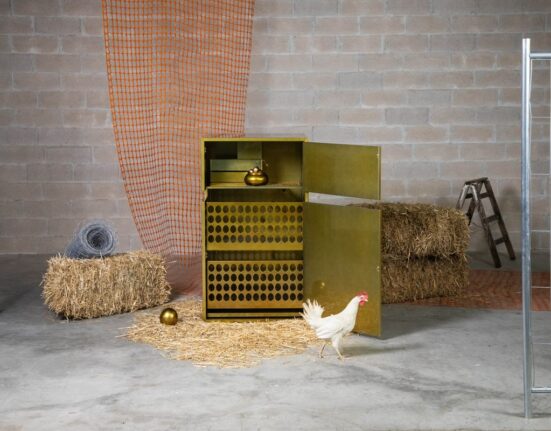Join our daily and weekly newsletters for the latest updates and exclusive content on industry-leading AI coverage. Learn More
The class action lawsuit filed by several visual artists against AI image and video generation platforms Stability AI, Midjourney, Runway and DeviantArt moved forward to the discovery stage last week. The artists allege the platforms engaged in copyright infringement in training their AI models.
During discovery, both parties are required to disclose information that will be relevant in the case. For this case, it will include documentation on AI model training and datasets.
The lawsuit, brought by artists Sarah Andersen, Kelly McKernan, Karla Ortiz, Hawke Southworth, Grzegorz Rutkowski, Gregory Manchess, Gerald Brom, Jingna Zhang, Julia Kaye and Adam Ellis, is one of the first legal challenges to AI platforms to reach this stage and could set the tone for other cases filed against AI companies. While some parts of the lawsuit have been struck down, the copyright infringement claim still stands.
Despite this, the case still has a long road ahead. VentureBeat spoke to one of the earliest plaintiffs, Kelly McKernan, on what the artists hope to see from the lawsuit and how AI-generated art has impacted her art.
VentureBeat: How do you feel now that the lawsuit is at the discovery stage?
Kelly McKernan: So relieved. We actually got the tentative order the night before the hearing on May 8 in San Francisco. We were with the lawyers and were about to go out to have a big dinner together. It was the first time I’d met any of these people I’d been working with closely for the last, you know, over a year at that point. We got the news altogether, and the excitement was so palpable.
We didn’t get the final order until a couple of days ago, so I’m holding on to that ball of excitement, and now I can let it go.
The case is moving forward, but there’s still a long way to go. Do you still feel energized because this will be another long slog of getting more information?
Absolutely. The first part of this case was getting to this point where so much of it was about finding everything we possibly could and throwing it at the walls of the castle. Our biggest and most important claim was the copyright issue. All the other things, like the DMCA claim being axed from the case, are frustrating, but ultimately, our lawyers said we could leave it to amend [later]. I can’t say yet whether we’re going to that. The primary claims going through allow us to storm the castle essentially because one of the most frustrating things in the last 18 months was how little information these companies offer.
Do you think you’ll get more information, maybe some code from the process? What have your lawyers told you they want to get?
I personally feel like a lot of that is obfuscation and just smoke and mirrors that are very convenient. So, I’m hoping we can get information that changes the course of this case in the discovery phase. We might find out that the [training] process does include storing and making copies of our art for the dataset, which the judge has said we offered a plausible explanation for that to be true.
This case is the first to reach this critical point, and there have been a lot of lawsuits since. Do you feel responsible for bringing much of that “black box” information to the public?
You know, I’ve been told this the whole time that even signing up to be one of the original three plaintiffs, this has the potential to be a landmark history-making case because we have been so confident from the beginning about what’s happening, you know, as artists because who knows our work better than ourselves and then seeing it plagiarized.
I mean, it’s the truth to me. That’s why I’ve been so excited to be a part of this because I truly believe that we and history will be on the side of artists in this case. The 18 months it’s taken to get to this point is just so validating, and I am starting to feel like this at least has the potential to be very historic.
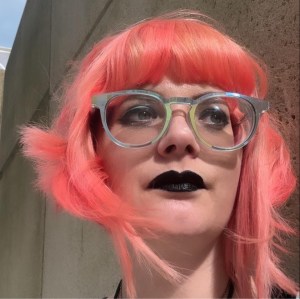
Full disclosure: VentureBeat regularly uses Midjourney, Stable Diffusion, and other AI art image generators to create article header art and other art for our digital presence.
What do you want to see for yourself and how companies view, work and help distribute artists’ work after this lawsuit?
For one thing, I’m hoping to see that just the movement, in this case, is going to highlight the very problematic parts of these models and instead help move it into a phase of generative AI that has models with licensed content and with artists getting paid as it should have been the entire time.
The judge acknowledges in the order that it has the potential to take down every single model that uses Stability, and I feel it can eliminate a whole class of plagiarizing models. No company would want to mess with that, and people and other companies would be more thoughtful and ask if the data in the AI model is licensed.
The other thing that’s pretty exciting is that Midjourney is facing Lanham Act claims that can address, for the first time, artistic style receiving some kind of protection. I know [artistic style protection] hasn’t been tested before with the Lanham Act, but I cannot wait to see if it protects a whole class of independent artists like me who spend our whole lives developing our style; it’s branding to everyone else, but to us it’s identity.
You said art is how you process a lot of your feelings.
Yeah, and it’s so clear, especially after the last 18 months, how many artists are in exactly the same position as me. Truly, the class of artists that I’m getting to help represent, this [case] could change our lives completely. Up until this point, we’d been able to make a living off developing that identity, and now it’s up in the air again.
How could this new phase in the lawsuit help you sell more of your work or at least bring you back to what you love about your work?
This fight for me is so, so far from over. Personally, I’ve been able to enjoy some benefits of being a part of this. I’ve been able to travel and gain new experiences, but also speak to the experiences of living and working artists just like me.
It has brought some exciting opportunities into my life that have helped give me some new purpose in how I create and why I create. I’m no longer set on my income being 100% as an independent artist. I’m now an adjunct illustration professor and going into my fourth semester of teaching. It has healed my burnout, and I have a better relationship with the work I am creating now. Everything I make feels even more genuine because I’m no longer pressured to make everything and pay my bills completely.
It’s still definitely a struggle, but it isn’t as intense as a couple of years ago, especially last year [when this all started] because I lost 30% of my income.
You said that one of the things you’d like to see is for models to get a license to use artistic work. Knowing that’s a possibility and that AI companies might even partner with artists’ collectives, with artists getting paid for their art to be part of training data, are you willing to be part of that ecosystem?
Yeah, I don’t think I would. I really can’t imagine a situation in which I would. This whole time, all I ever wanted was to use that technology myself. But I didn’t want to share with anybody else because that’d be like breaking into my head and watching my journeys. It would still feel like a violation sharing that with anybody else, especially without my consent. Even with my consent, and I was paid? I’m just not interested in that.
But you’re still going back to using Adobe Illustrator, I guess because you do use technology to make your art. That’s how you do your art.
No, I won’t. I’ve canceled all of my Adobe programs. I use Procreate; they’re amazing very pro-artist.
The discovery process will take a while, but what’s next for everyone involved?
The discovery process that’s not like the lawyers are just now starting building all that. I know they’ve been working on it for a while now. For the plaintiffs, myself included, we are giving up all of our social media account information. We’re giving access to all of the communications we’ve had regarding the case. I’m personally very excited to be thoroughly vindicated in every way.
Source link

